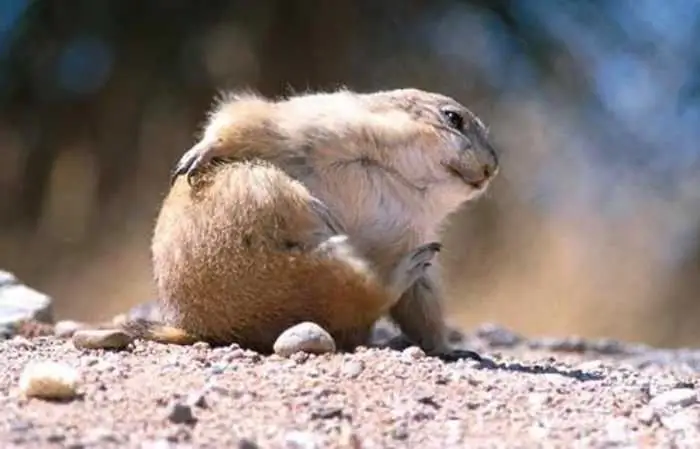- Author Antonio Harrison [email protected].
- Public 2023-12-16 07:44.
- Last modified 2025-01-22 21:44.
In any society, there is a certain kind of subordination. Often, the structure of relations is enshrined in popular sayings, figuratively demonstrating the interaction of various categories.

A person who seeks to penetrate into a stratum of society to which he does not initially belong can be made an impartial remark: "Where are you with a pig's snout, but in a Kalash row." The offensive expression in itself, and even the characterization of the applicant as the owner of a pig's snout, leaves no doubt about the offensive attitude.
What is "pork snout"
According to the dictionary of V. I. Dahl, snout cf. (from digging) - muzzle, face and mouth of animals, cheekbones with teeth and soft parts; swearing, the face of a man.
That is, the first meaning is a pig's face. Hence the following phrase: "For that pig was given a snout, so that it snout."
In the expression under study, a pork snout means nothing more than a pork head in the form of a by-product.
What is "Kalashny glad"
Shopping arcades in many Russian cities were retail centers.
"Kalashny (kalachny) row" is closely connected with the history of Moscow, namely with the Trading Rows, rebuilt in a stone version by order of Fyodor Ioannovich the Blessed after numerous fires.
In the Trading Rows, there was an active trade in specialized departments. That is, in the Vegetable row it was possible to sell only vegetables, the delicate row was intended for the sale of women's goods, the Honey, Book, Fish and other rows were occupied by the corresponding goods, and it was impossible to change anything in this system at the legislative level.
It is noteworthy that along with the Bread row, there was also the Kalashny row, where goods were intended for the higher classes. Kalach, as a bakery product, was considered a delicacy that is not available for every wallet - "Every hobbyist loves a hot roll", "They don't plow in the city, but eat rolls."
Why a pig's snout has no place in a Kalashny row
In addition to the specialization of the malls, prescribing the division of goods, there was also professional pride, which was not always unfounded.
Firstly, making rolls is a rather complicated process, which is also reflected in folklore: “Do not rub, do not mint, there will be no rolls”. Secondly, the kalach was really a hot commodity.
There are also proverbs about the kalachnik profession, reflecting the attitude of the representatives of this profession to everyone else: “The kalachnik is not a tobacco grower: he will not let you smell the horn!”, “You wanted yeast from a kalachnik! Either they do not exist, or you need them yourself."
Naturally, the labor expended by the kalachnik on the production of his product gave him the moral right to disdain the traders of offal.
Among other things, the sale of raw meat next to ready-to-eat products was fraught with the spread of various diseases, which the supervisors of the trade could not help but guess.






